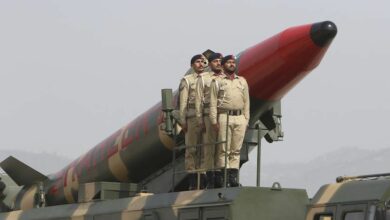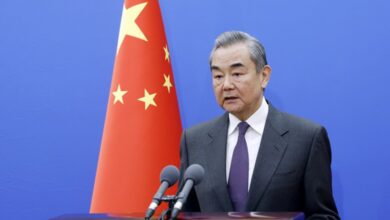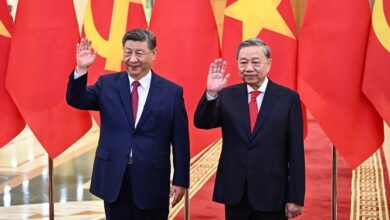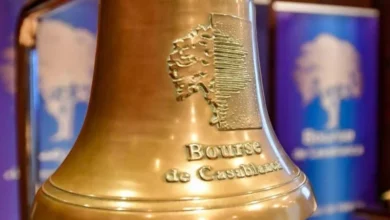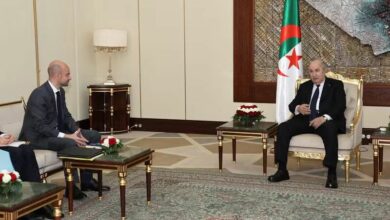World Bank Approves New Program to Support Morocco’s Efforts to Boost Water Security
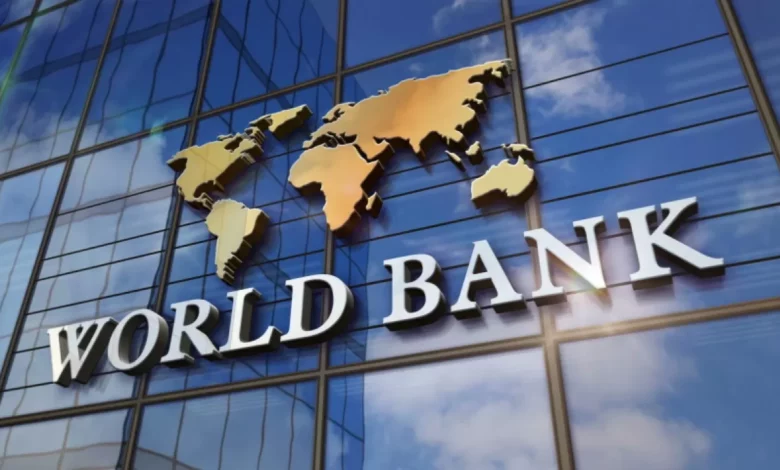
Launched in 2020, the PNAEPI is aimed at improving water security by accelerating investments in the water sector and increasing the resilience of drinking water supply and irrigation. The World Bank Program will contribute to a sub-set of activities included in the PNAEPI, through three strategic, mutually reinforcing pillars: strengthening governance of the water sector; improving financial sustainability and water use efficiency and enabling the integration of non-conventional water resources.
The Program contributes to the World Bank’s strategic priorities in the MENA Region, particularly around gender and climate change; and supports the implementation of the recommendations made in the World Bank’s Morocco’s Country Climate and Development Report, which was published in October, 2022, the international financial institution points out in a release.
Morocco is a climate hotspot and water scarcity imposes significant economic constraints, the release underlines.
“Providing access to natural resources, particularly water, while preserving them, is essential for building a sustainable future in Morocco,” says Jesko Hentschel, Country Director for the Maghreb and Malta at the World Bank. “To this end, this new Program aims to reinforce water security for all in Morocco and provides support for the updating and the adoption of the National Water Plan (PNE) that defines the 30-year vision for the water sector.”
In addition to supporting the PNE, the Program will help to strengthen water sector governance by protecting groundwater resources, improving the quality and availability of water-related information, supporting the performance of river basin agencies, developing water data information systems; and, developing mandatory reporting by multiservice operators, the Bretton Woods institution stresses.
The Program is also focused on supporting the government’s efforts to improve financial sustainability and water use efficiency. This will enhance climate resilience for the water sector, including the development of a financial model and the adoption of a financial sustainability action plan that will inform pricing strategies for specific sub-sectors, the implementation of the PNAEPI communication strategy to raise awareness of the importance of water conservation, and the operationalization of water loss reduction plans in distribution networks.
“This Program will contribute to the government’s efforts to strengthen recognition of the value of water, increase transparency of costs along the water value chain and incentivize more efficient and rational uses of scarce water resources,” says Marcus J. Wishart, Lead Water Resources Management Specialist and Program co-leader at the World Bank.
Moreover, the Program aims to improve the enabling environment for desalination and use of treated wastewater which are becoming increasingly important to augmenting Morocco’s water resources.
“Concretely, the Program aims to save 25 million m3 of potable water in distribution water supply networks, the equivalent of the annual consumption in El Jadida and Sidi Bennour provinces; and make 52 million m3 of treated wastewater available for reuse, which represents 52% of the PNAEPI’s target of 100 million of treated wastewater available for reuse by 2030,” underlines Carolina Dominguez Torres, Senior Water Supply and Sanitation Specialist and Program Leader at the World Bank.
ALdar : LA MAP

